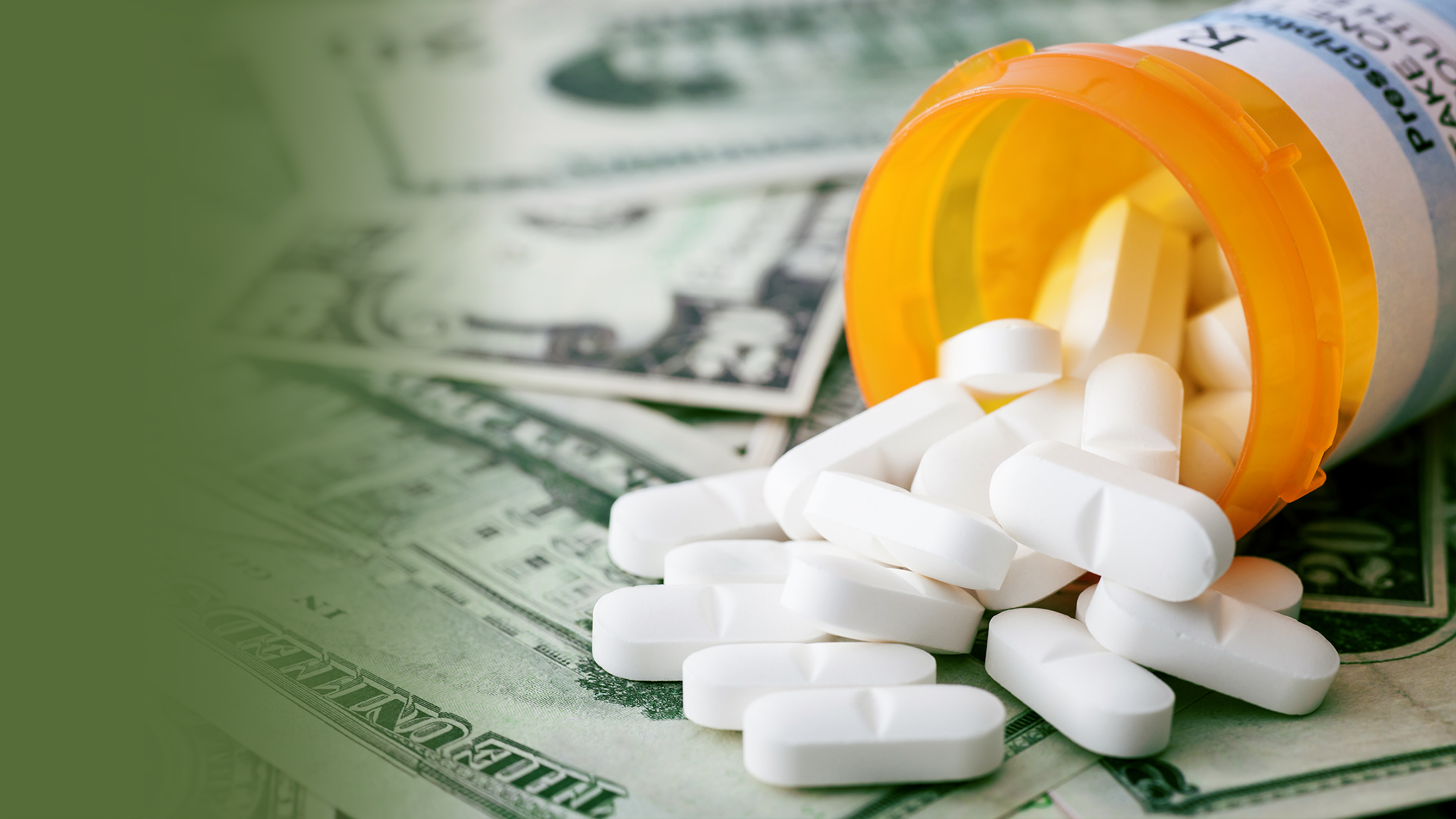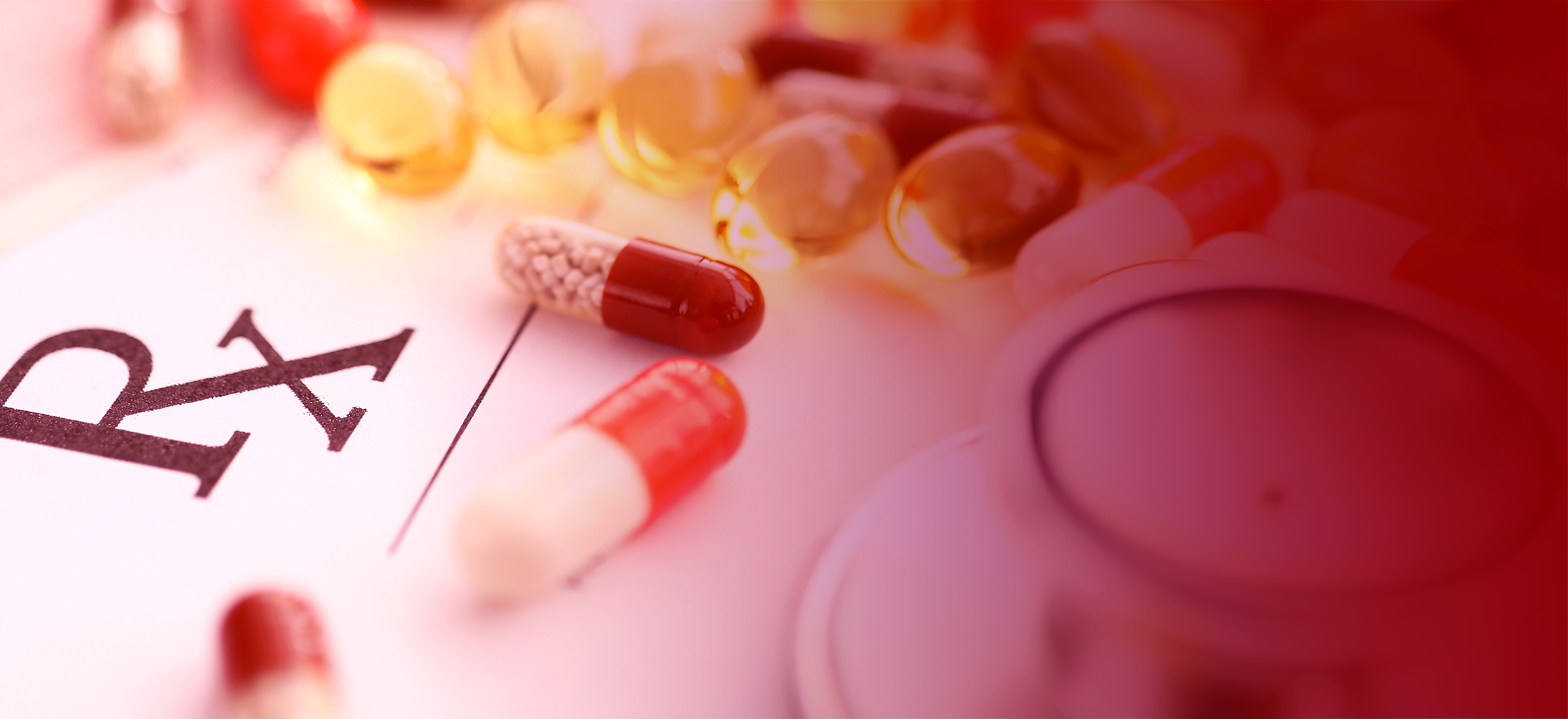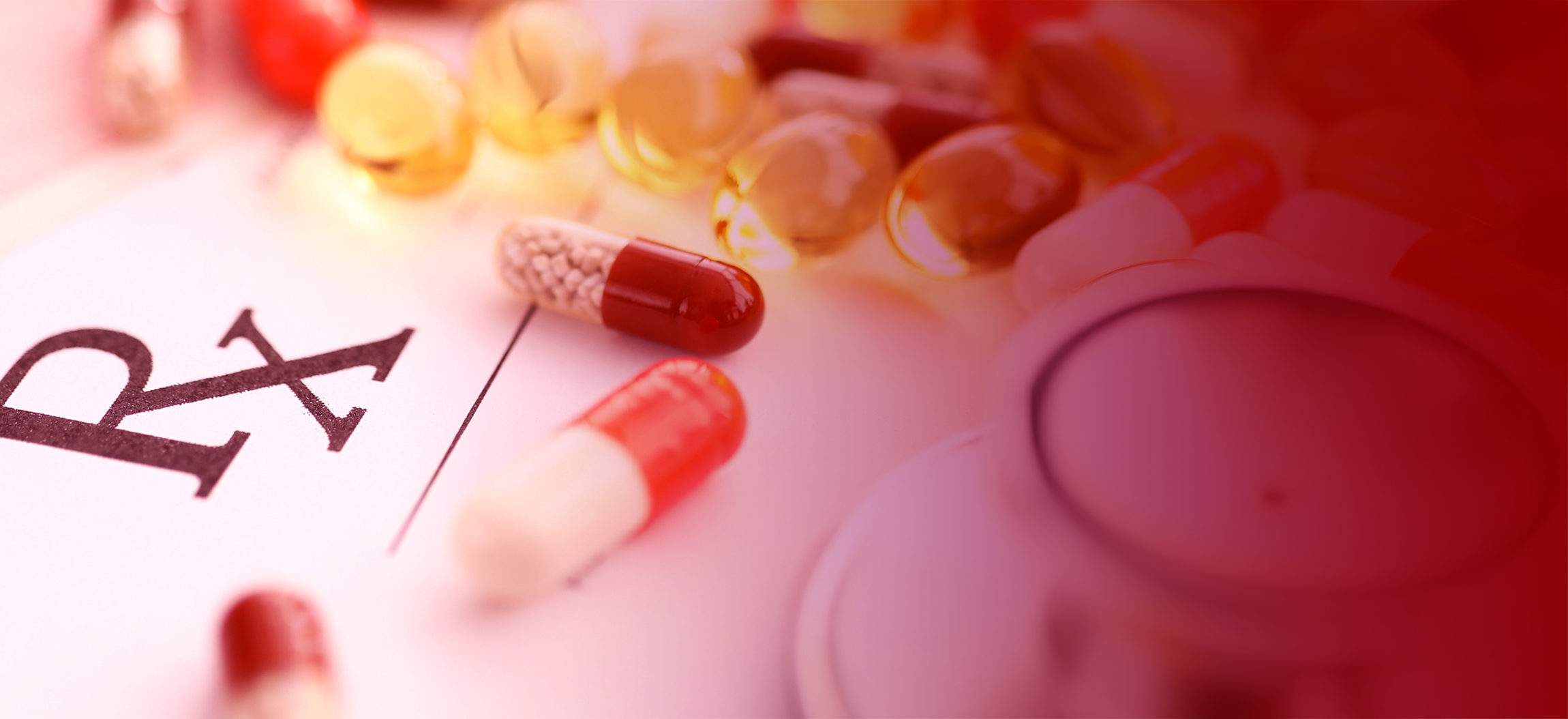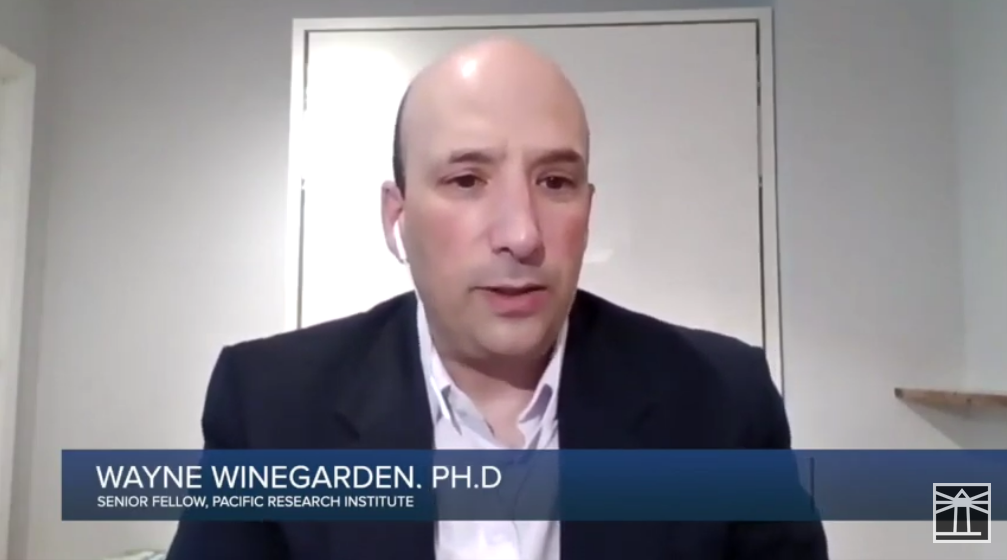An Effective Treatment for Alzheimer’s, But Only if ICER Allows It
Three days before Christmas, the Institute for Clinical & Economic Review (ICER) is scheduled to publish a draft assessment of two promising treatments for Alzheimer’s disease. Unfortunately for the millions of Americans living with this fatal illness, it is likely that ICER will be giving lumps of coal, not gifts, this holiday season. ICER performs studies that declare how much we as patients value medicines that treat devastating diseases like Alzheimer’s. And depending upon their proclamations, patients’ access to life-altering medicines...







